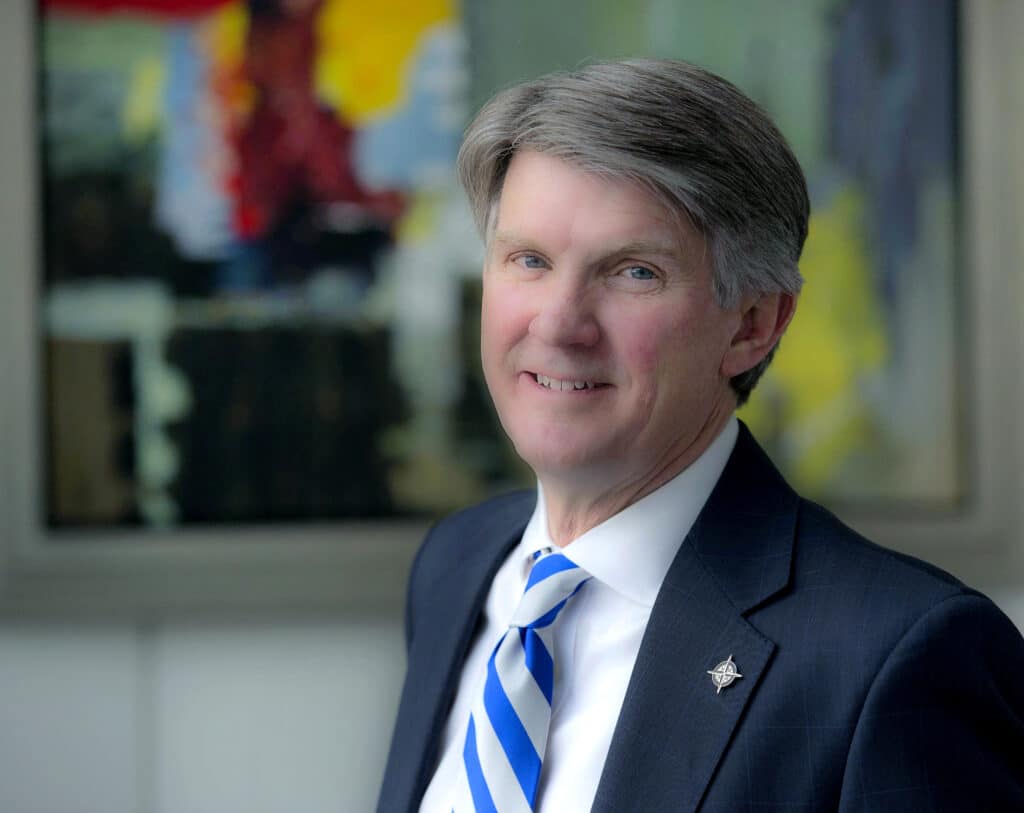
Is going to medical school still a good investment? As the cost of medical education rises, some would-be future doctors are no doubt beginning to wonder.
Getting into medical school takes years of hard work, high test scores, interviews and significant resources. Students spend thousands of dollars on applications and travel associated with school interviews before they even put on white coats.
Medical education is followed by a minimum of three years of residency training before most graduates can think about paying off student loans.
In 2019, the average medical student graduated with more than $200,000 in debt, not counting thousands of dollars they may still owe from undergraduate years, according to the Association of American Medical Colleges.
Compare that to 1986, when the average medical school graduate had $32 000 in student loan debt, or roughly $75,000 in 2020 dollars.
This heavy debt load can discourage talented students from applying, cause undue stress and influence student doctors to pursue higher paying specialties fields while the national shortage of primary care physicians – projected to approach 122,000 physicians by 2032 – worsens.
I am proud to lead The University of North Texas Health Science Center at Fort Worth (HSC), where we prove every day that high quality and affordability are compatible, and where I have not raised tuition once during my eight year tenure.
The Texas College of Osteopathic Medicine (TCOM), one of six colleges training on our campus, is rated the most affordable osteopathic medical school in the U.S. and in the top five of among all U.S. medical schools for affordability, according to U.S. News and World Report.
At TCOM, four years of medical education costs approximately $72,000. Yet our innovative curriculum, cutting-edge research, quality patient care and outstanding student performance in the classroom and in clinics is not compromised because of affordability.
TCOM’s Class of 2020:
- Scored on average the highest in the nation on the Comprehensive Osteopathic Medical Licensing Examination of the United States Level 1, which assesses osteopathic medical knowledge;
- Achieved an impressive 99% pass rate on the United States Medical Licensing Examination the medical licensing exam; and
- Achieved a medical residency training placement rate of 98%, representing more than 17 specialties.
By keeping tuition affordable, HSC offers an education that does not further burden students with added debts. In turn, HSC opens a path to medical school for diverse students – some are the first in their families to earn graduate degrees – who are more inclined to practice in medically-underserved communities.
It is no coincidence that TCOM is a leader nationally among medical schools for producing primary care doctors.
Instead of passing unnecessary spending onto the backs of students, we’ve been innovative and learned to do more with less, including diversifying our revenue streams. The university focuses on creating physicians with empathy, emotional intelligence and an entrepreneurial, innovative mindset.
HSC is one of the few, if only, health science centers to incorporate entrepreneurship into its curriculums. We built partnerships with companies like venture capital firm, Bios Partners, to create an Entrepreneur-in-Residence program to share its entrepreneurial expertise in biotech and capital markets with staff, faculty and students.
The healthcare landscape is shifting rapidly.
As a former hospital CEO, I have seen the tremendous value in physicians thinking like entrepreneurs and recognizing a good investment, and a great value, when they see one.
At HSC, we strive to create future providers unburdened by exorbitant debt, unafraid to innovate and empowered to pursue the field of medicine where they can most impact the lives of their patients.
That, I believe, is an investment worth making, and why I will continue to resist any attempt to increase tuition.
Dr. Michael Williams is an anesthesiologist and president of The University of North Texas Health Science Center at Fort Worth.






